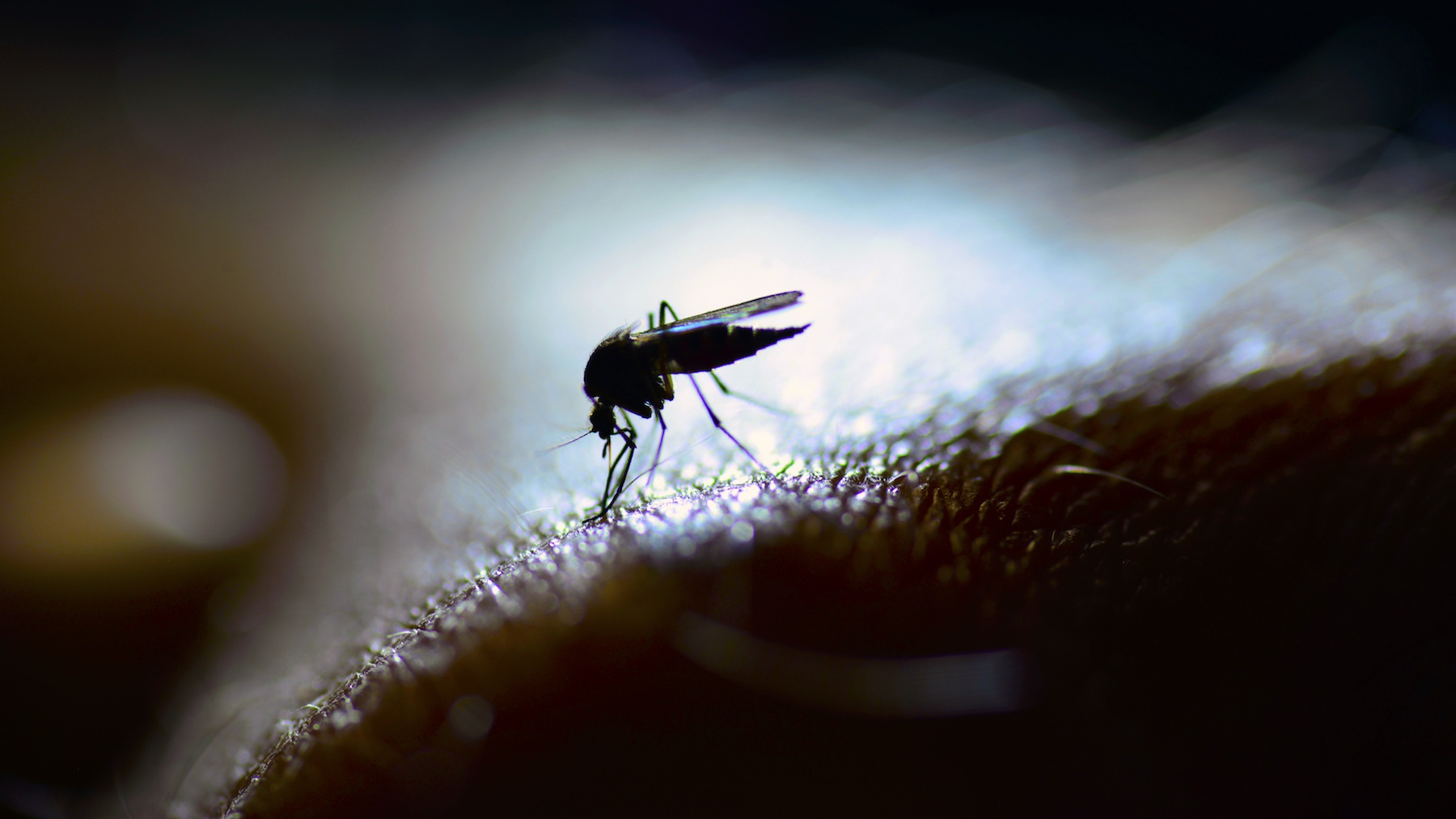It seems like every year around this time, a new insect-borne virus comes along. Fortunately, at this time, experts say no data exists to suggest Covid-19 can be transmitted by either mosquitoes or ticks.
“Although highly contagious, Covid-19 does not appear to be spread through blood like some other communicable illnesses,” said OMRF immunologist Eliza Chakravarty, M.D. “And it’s the blood-borne transmission that allows insects to transmit diseases like West Nile and Lyme.”
Covid-19 and other coronaviruses like SARS and MERS are spread from person to person through tiny viral droplets, which pass from one person to another through mucus or saliva.
The virus also survives on some surfaces for significant periods, “which means you can infect yourself by touching an object and then putting your hand in your nose, mouth or eyes,” said OMRF President Stephen Prescott, M.D.
While much still remains unknown about Covid-19, said Prescott, there is no biological reason to suggest transmission through insects is a threat.
“That’s good news, but it’s not a ‘get out of jail free’ card,” said Chakravarty. “Other diseases spread by mosquitoes and ticks are still dangerous. They didn’t go away just because Covid-19 is dominating the news cycle.”
In Oklahoma, the most common insect-borne diseases are West Nile virus, which is spread by mosquitoes, and Rocky Mountain spotted fever, which ticks pass from animals to humans. The Oklahoma Department of Health also reports that tick-borne Lyme disease may be present in the state.
“Oklahoma has a quite a few insect-borne diseases, and others like dengue and chikungunya could be on the way,” said Prescott. “These can result in serious damage to health, so it’s important we guard against them as temperatures warm and insect populations surge.”
If you’re practicing social distancing by gardening, walking the dog or reading a book on the patio, the best defense is to keep insects off your skin by wearing long sleeves and pants. Limit outdoor activities around dusk and dawn or walking though tall grass, and avoid excess standing water that collects in flower pots, gutters and drains.
Chakravarty also recommends applying an insect repellant that contains DEET.
“And, no, using DEET is not the threat some make it out to be,” said Chakravarty. “The amounts used in regular application pose no proven health issues. The real risk is getting bitten by an infected insect, because one bad bug bite can change your life.”



